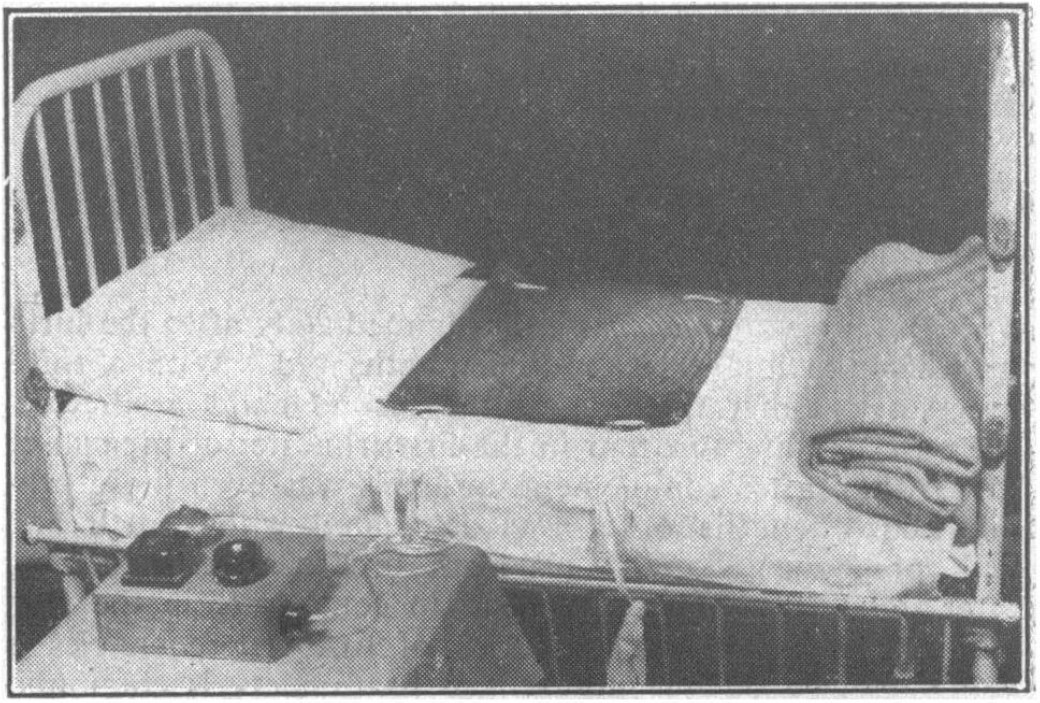The Leaky Body: A New Turn in the Humanities and Social Sciences?
Scholars have recently questioned whether ‘the corporal turn’ in the humanities and social sciences has come of age. Yet while some have suggested ‘the corporal turn’ has reached the end of its utility, others have turned towards the often unbounded, undesirable and unruly aspects of corporeality through the concept of ‘the leaky body.’ Recent studies in the fields of anthropology, history and sociology on the substances of breastmilk, urine, menstrual blood, sperm and faeces, for example, have highlighted what it means to live corporally and how leaky bodies of different types have been viewed in various contexts as disrupters of social order. But such work on ‘leaky bodies’ remains fragmented, under researched and under theorised.
This workshop seeks to bring together scholars from all career stages from across the humanities and social sciences to explore and critique the concept of ‘the leaky body.’ Through short 10-minute presentations and structured discussions, participants will consider the benefits, pitfalls and possibilities for the further development of the leaky body concept within the humanities and social sciences. Discussions will be centred on questions including:
- How useful is the turn towards the ‘leaky body’ in the humanities and social sciences?
- In what ways does or might the concept of the leaky body aid studies of corporeality?
- How might disparate fields in the humanities and social sciences be further united through this concept?
- What does focus on the unbounded body reveal that focus on the bounded doesn’t?
- Where do we go next in ‘leaky body studies’?
Programme
Thursday 9th January 2025
9am – Arrivals and coffee
9.30-10.30am – Welcome: Introducing Leaky Bodies
Claire L. Jones (University of Kent), ‘Leaky Bodies and the Buzzers for Bedwetters Project’
Lisa Smith (University of Essex), ‘Consuming Leaky Bodies’
Margrit Shildrick (Stockholm University), ‘Fluid Emissions and Entanglements’
10.30-11.30am – Session 1. Leaky Methodologies
Richard T. Bellis (University of St Andrews), ‘The ‘Leaky Body’ as an Approach to the History of Disease: The Case of Dropsy’
Helena Aeberli (University of Oxford), ‘Uncertain Bodies and Unruly Appetites: The ‘Leaky Body’ in the Study of Seventeenth-Century Disordered Eating’
Lee Claiborne Nelson (New York University), ‘Postmortem Inclusions: Leaky Corporeal Challenges to Conceptual Boundaries’
11.30-11.45am – Break
11.45am-12.45pm – Session 2. Leakiness, Media and Markets
Rachel Hindmarsh (University of Oxford), ‘Rabelais’s Leaky Bodies and Leaky Texts: Literature and Medicine in Early Modern France’
Chris Chatterton (Independent scholar), ‘Commodification of the male ‘leaky body’ and its consequences’
Paula Muhr (University of Zurich), ‘Staging the Leaky Bodies: Pimple Popping Video on Social Media’
1-2pm – Lunch
2-3pm – Session 3. Leaky Bodies in the Museum: Uncovering Material Traces of ‘Leaky Bodies’ within the Science Museum Group’s Collections
Katie Dabin, Sarah Bond, Harriet Jackson, Gabrielle Bryan-Quamina
3-3.15pm – Break
3.15-4.15pm – Session 4. Leaky Bodies in the Archive
Alex-Jaden L. Peart (University of Cambridge), ‘‘There Was One Hope of Feminizing Her’: The Unleaky Body in Epidemics VI 8.32
Cecile Bjerre (University of Southern Denmark), ‘Fluid Evidence: Sperm, Blood, and Paternity Cases in 1920s-1950s Denmark’
Agnes Arnold-Forster (University of Edinburgh), ‘A Feminist History of the Bladder: The Politics of a Leaky Body’
Friday 10th January 2025
10am – Arrivals and coffee
10.30-11.30am – Session 5. Gendered Leakiness
Saqer A. Almarri (New York University, Abu Dhabi), ‘Urinary Cartography: Mapping Gender to the Body’s Leaks’
Georgia Haire (Vancouver Island University), ‘Thick and white, like cottage cheese’: Vaginal thrush, discharge and women’s everyday health in late twentieth-century Canada’
Samantha Wilkinson (Manchester Metropolitan University), ‘The Unruly Infertile Body in the Neoliberal Academy: An Autoethnographic Account of ‘Matter out of Place’
11.30-11.45am – Break
11.45-12.45pm – Session 6. Leakiness, Climate and Environment
Elaine LaFay (Rutgers University), ‘Disciplining Leaky Bodies in Porous Place: Gender, Environment, and the Quest to Control Incontinence in the Nineteenth Century’
Nina S. Studer (University of Geneva), ‘Leaking White Bodies in Hot Climates: Spermatorrhoea and the Orient in Nineteenth Century France’
Maximilian Gregor Hepach (University of Durham), ‘Leaking Weather’
12.45-2pm – Lunch
2-3pm – Session 7. Leaky Bodies, Experience and Resistance
Kate McAllister (University of Kent) ‘Leakiness, elderly bodies and urinary incontinence in late twentieth-century Britain’
Kian Lara Bochmann (University of Edinburgh), ‘Leaky Trans-ing: Surprise, Inadvertency, and Temporal Multiplicities as Markers of Leakiness in Gender Transitioning’
Catherine Wilkinson (Liverpool John Moores University) and Poppy Budworth (University of Manchester), ‘Pooh-poohing school toilet polices: (more than) ‘leaky bodies’ as a strategy of resistance for school children with Inflammatory Bowel Disease (IBD)’
3-4pm – Closing Discussions and Next Steps
